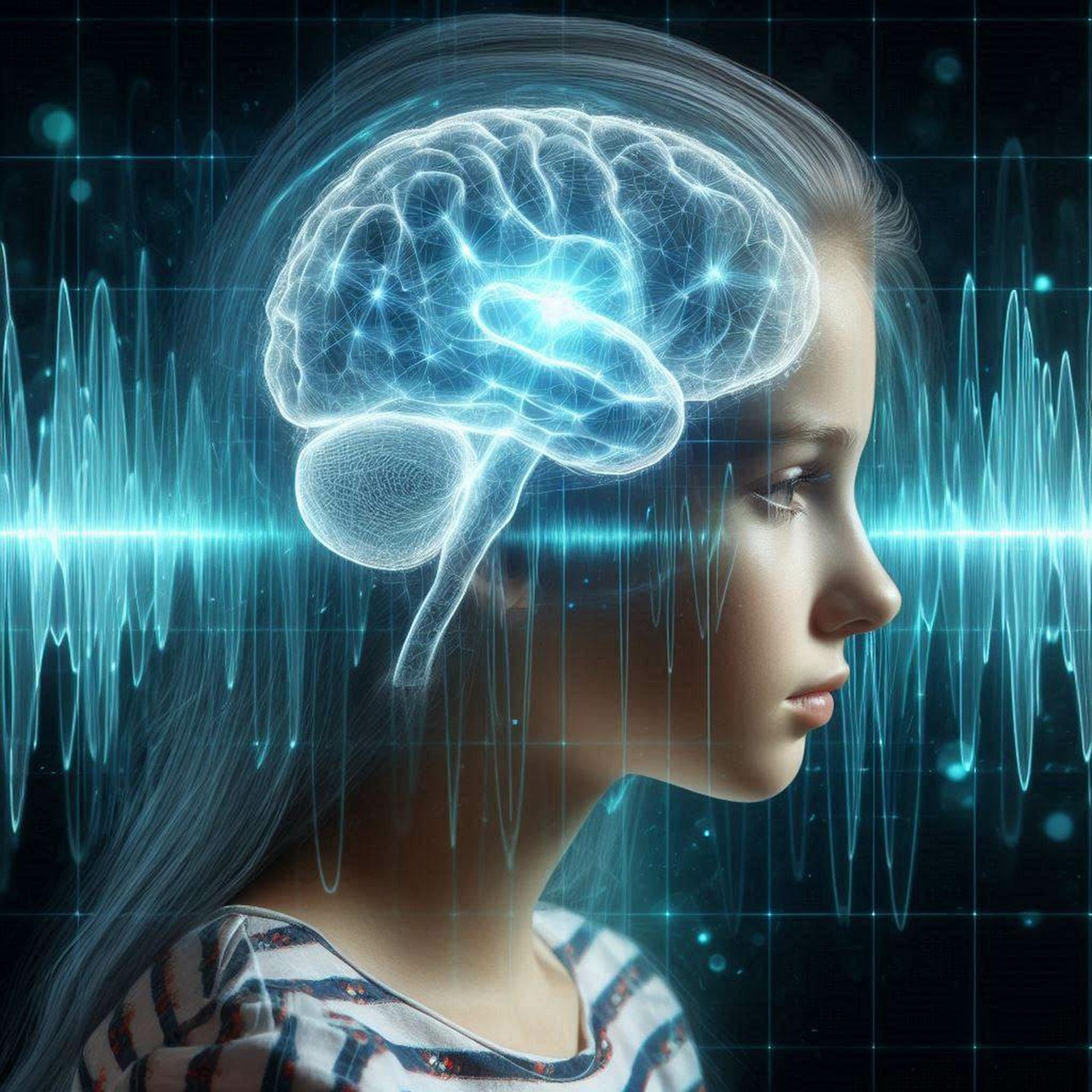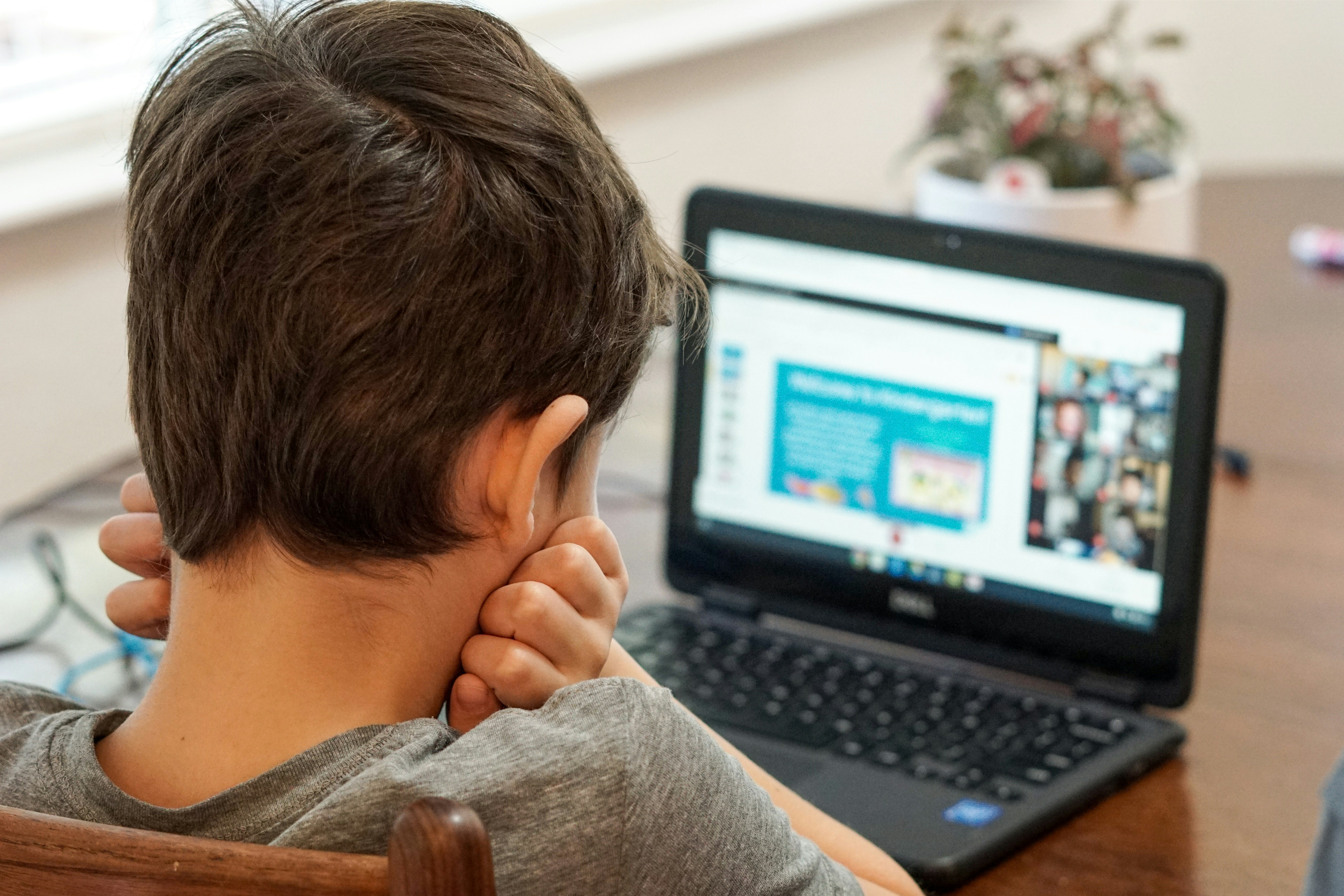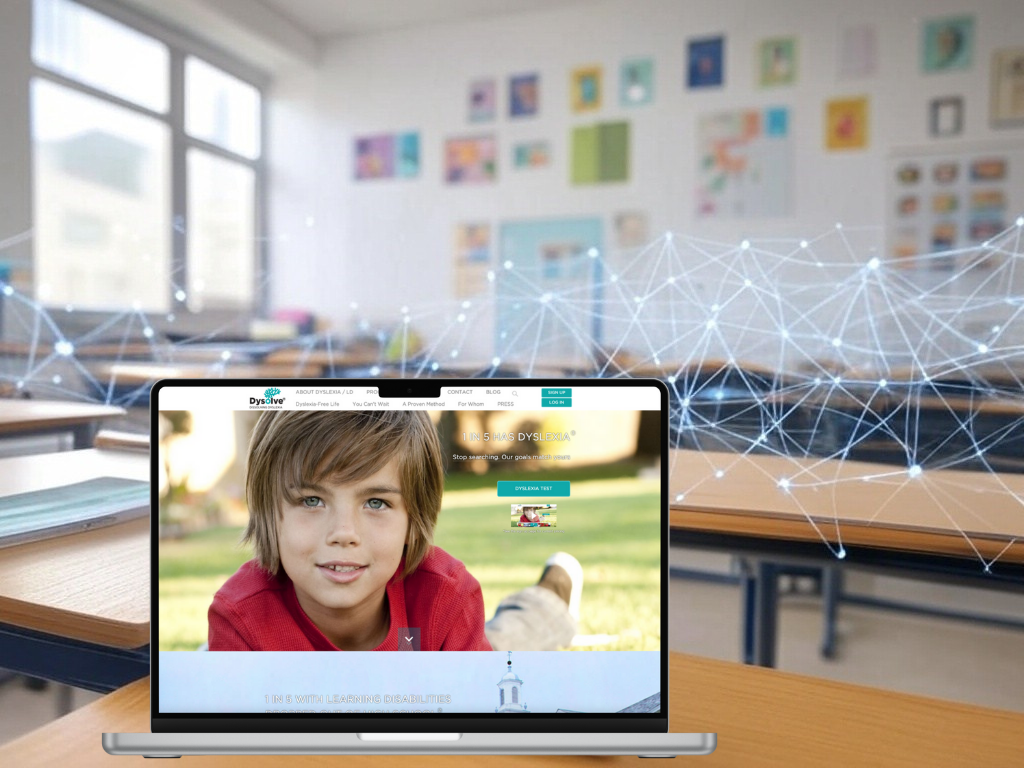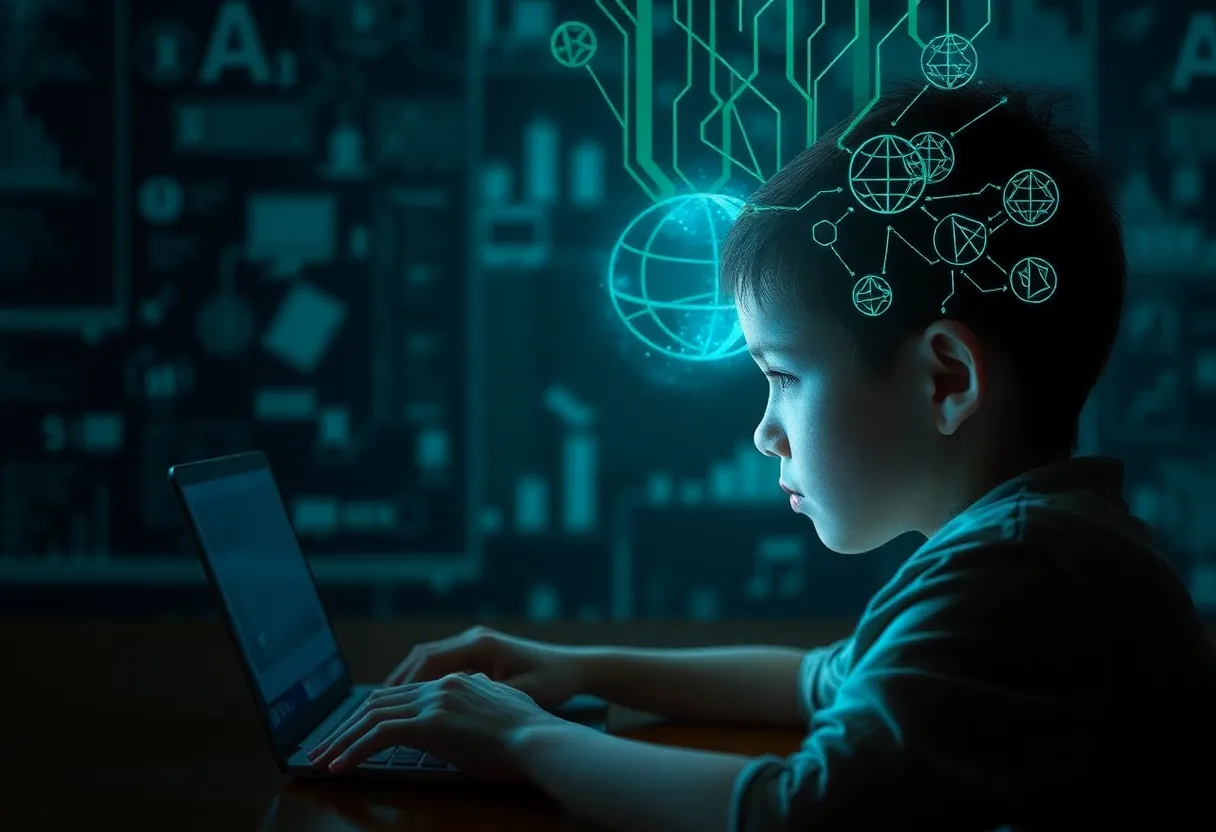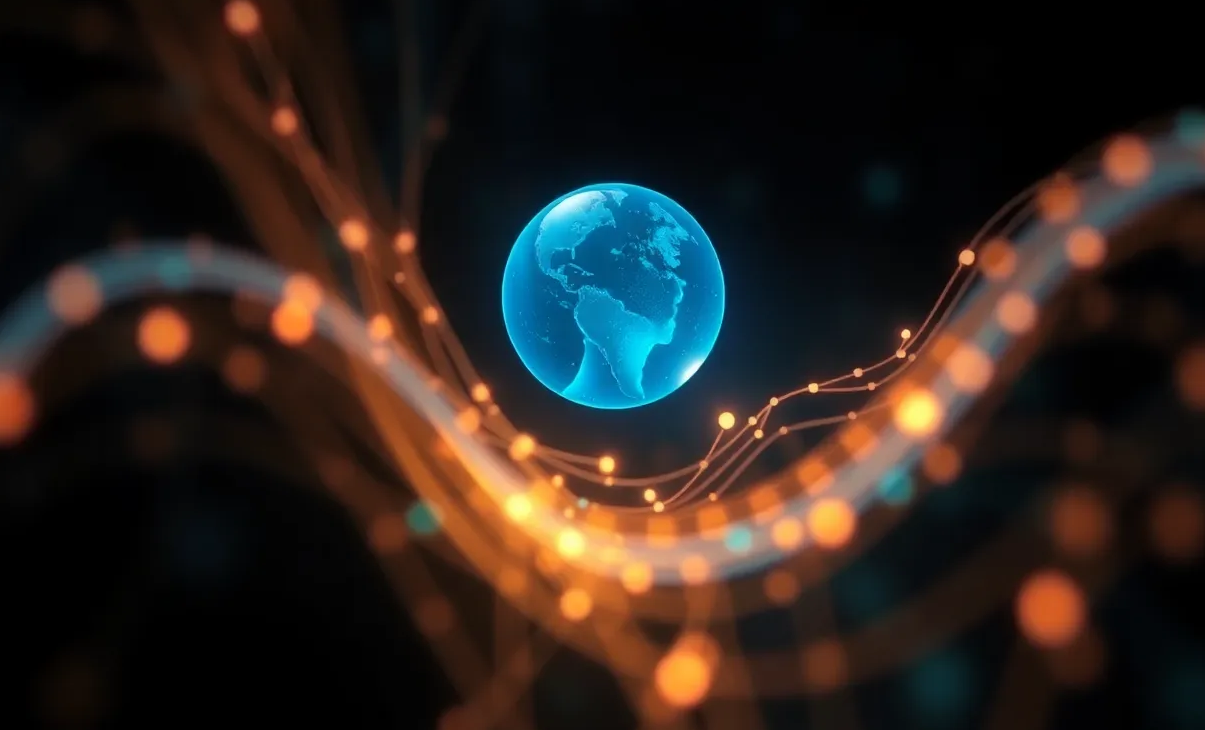
Families often ask us whether their struggling readers should get tutoring concurrently with our Dysolve AI intervention. Reading difficulties that are neurologically based are called dyslexia. Dyslexia is due to language processing issues in the brain and is very common, affecting 1 in 5 people.The type of tutoring for dyslexia is usually Orton-Gillingham. For families, […]


